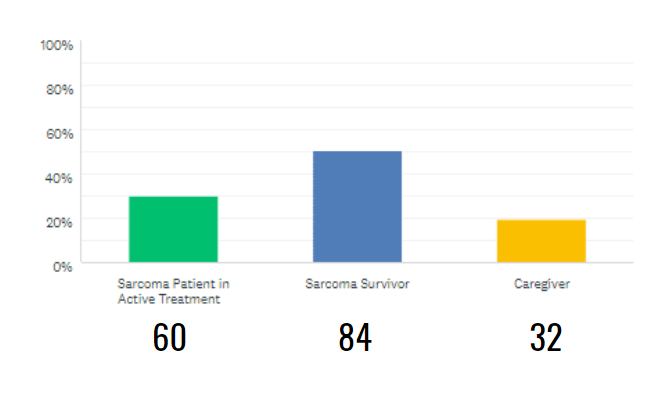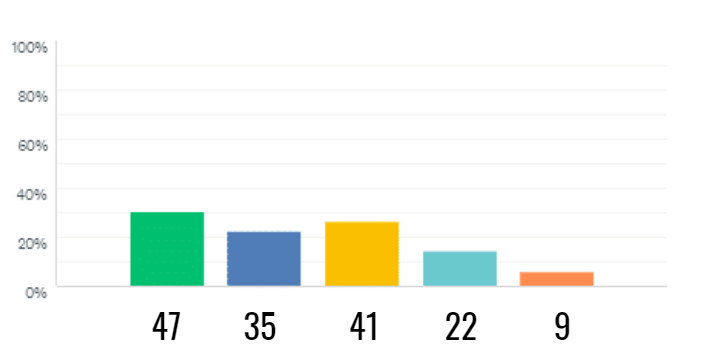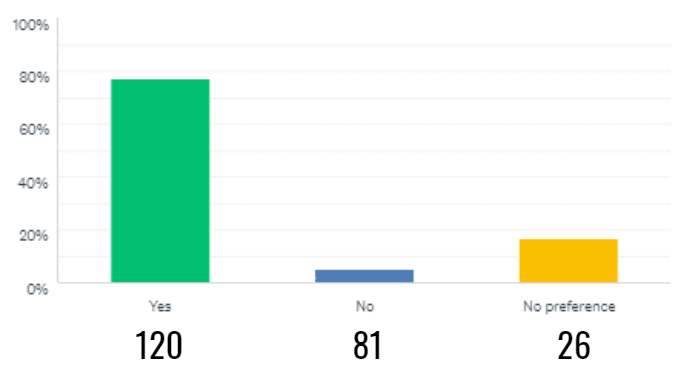Sarcoma Foundation of America Oral Therapy Preferences Survey Results
Sarcoma Foundation of America Oral Therapy Preferences Survey Results
In late June, the Sarcoma Foundation of America (SFA) launched a sarcoma advocate survey to collect patient, survivor, and caregiver opinions on oral therapy usage preferences. The survey was shared through SFA’s social media platforms, the SFA website, the SFA newsletter, and through a widely-distributed email.
More than 150 respondents took part in the survey. Half of respondents identified themselves to be sarcoma survivors or patients in current treatment.

Patients in treatment and sarcoma survivors were asked to provide their subtype. More than 20 subtypes were represented in the answers, with the top three most common responses being leiomyosarcoma (25), liposarcoma (23) and synovial sarcoma (9).

The survey asked if there were any barriers that patients faced when taking an oral therapy. Generally, the barriers shared were related to properly timing when to take the drug, worries about being able to keep the therapy down given nausea and vomiting, and concerns about potential side effects.
However, most survey takers did not identify any perceived barriers. Several respondents indicated that they think an oral therapy would be easier and less burdensome on their daily lives than traditional IV chemotherapy and would welcome exploring such an option for their treatment.
One aim of the survey was to determine if respondents would have any challenges adhering to strict low fat dietary restrictions when using an oral therapy. They were asked to rank the challenge on a scale of 1 to 5, with 1 being not at all challenging and 5 being very challenging.

The responses averaged out to a rating of 2.4, indicating that most did not think dietary restrictions would be difficult to maintain. Similarly, survey takers also said that they believed it would not be difficult to accurately determine the kinds of foods that would be allowed on a low fat diet, also averaging out to a difficulty ranking of 2.4 on a scale from 1 to 5.
However, the vast majority of respondents did indicate that they would chose to take a lower dose of the therapy without dietary restrictions if the effectiveness of the treatment did not change.

Comments left by several survey takers discussed concern over whether a lower dosage could truly maintain the same level of effectiveness and indicated that they would need evidence to back up such a claim.
It’s not too late to share your input. Click here to take part in this survey.

